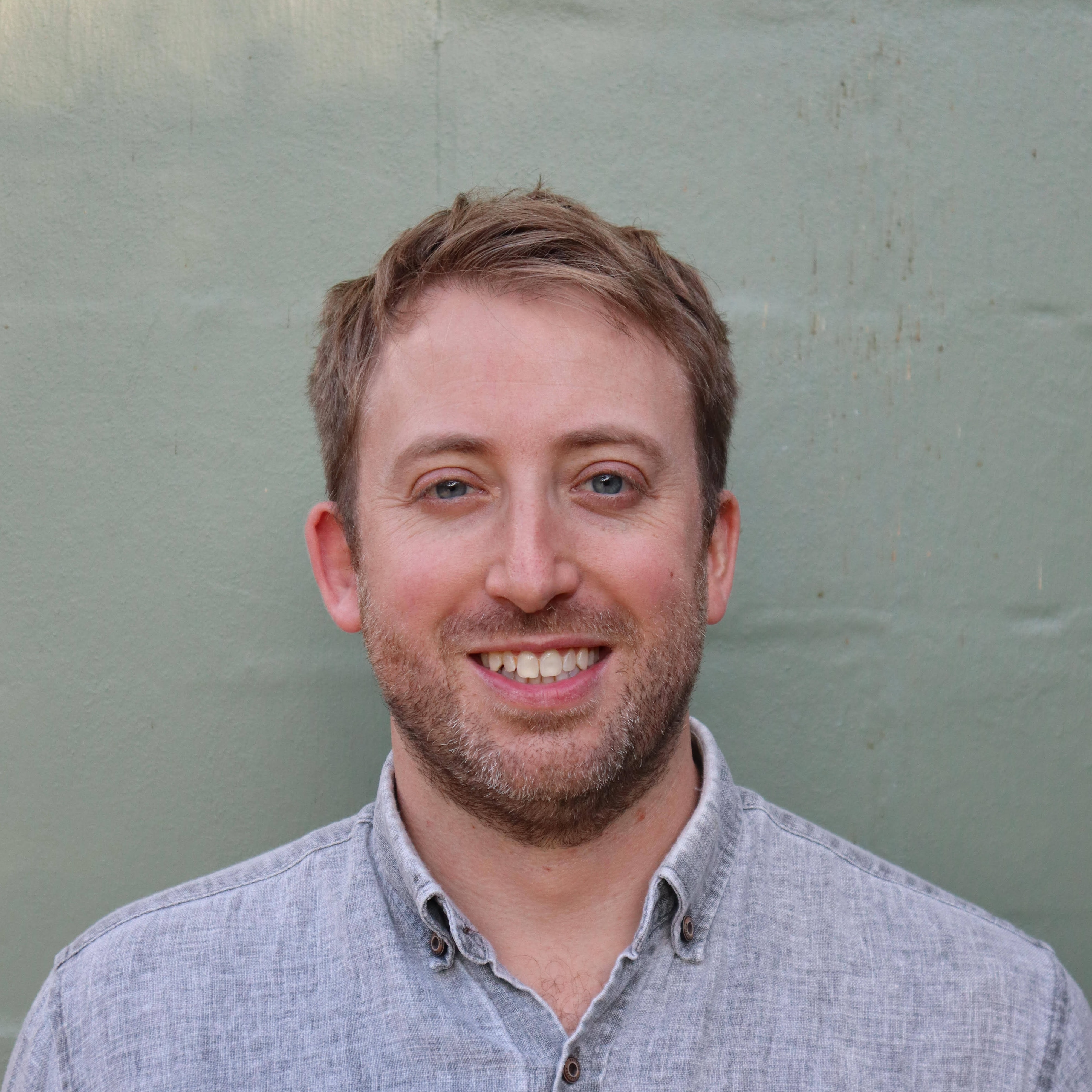My research focuses on understanding the dynamics of decision-making, motivation, fatigue, and stress
and how these processes affect our performance and mental health. I use computational, statistical, and/or mathematical
models to understand how these complex processes evolve and interact over time. I use this knowledge
to help design work environments that promote happier, healthier, and more effective work. Practical
applications of this work so far have included providing evidence-based recommendations regarding
alternative work concepts such as the four-day work week, enhancing the capacity and safety of unmanned
aerial systems operations, providing tools to forecast fatigue in safety critical work environments,
and improving climate change communication practices. My research program has received over $3 million
in funding from the Australian Research Council and industry. My work has been published in journals
such as Psychological Review, Journal of Applied Psychology, The Leadership Quarterly, Annual Review of Organizational Psychology and Organizational Behavior,
Organizational Research Methods, Behavior Research Methods, Advances in Methods and Practices in Psychological Science,
Psychological Science, Journal of Neuroscience, and Global Environmental Change.
My major scientific contributions have been in two areas:
1. Pioneering new methods for analysing complex human data.
A major contribution of my work has been the use of cutting-edge computational, mathematical, and statistical models for generating novel insights about human behavior
from messy data. This work has led to advances in the methods we analyse change in people and processes over time and how
we assess heterogeneity across individuals and groups. See below for some key papers:
Ballard, T., Palada, H., Griffin, M., & Neal, A. (2021). An integrated approach to testing dynamic, multilevel theory:
Using computational models to connect theory, model, and data. Organizational Research Methods, 24(2), 251-284.
Ballard, T., Luckman, A., & Konstantinidis, E. (2023). A systematic investigation into the reliability of inter-temporal choice
model parameters. Psychonomic Bulletin & Review, 30, 1294-1322.
Ballard, T., Palada, H., & Neal, A. (2023). Fitting computational models to data: A tutorial. In J. B. Vancouver, M. Wang, & J. M. Weinhardt (Eds.),
Computational Modeling for Industrial-Organizational Psychologists (pp 255-296). Taylor & Francis.
Knight, E., Neal, A., Palada, H., & Ballard, T. (2023). A tutorial on Bayesian modeling of change across time, individuals, and groups.
Computational Brain & Behavior, 6, 697-718.
Neal, A., Ballard, T., & Palada, H. (2023). How to publish and review a computational model. In J. B. Vancouver, M. Wang, & J. M. Weinhardt (Eds.),
Computational Modeling for Industrial-Organizational Psychologists (pp 297-319). Taylor & Francis.
Ballard, T., Evans, N. J., Fisher, G., & Sewell, D. K. (2024). Using mixture modeling to examine differences in perceptual
decision-making as a function of the time and method of participant recruitment, Behavior Research Methods, 56(3), 2194-2212.
2. Uncovering new insights about decision-making, self-regulation, and fatigue.
My work has also improved our understanding of how people manage competing demands on their time, effort, and other resources, and the implications these decisions have
on motivation, fatigue, and mental health. My team has developed computational models to simulate the way people
make task prioritisation decisions when under time pressure, how rostering and work patterns influence long-term
fatigue trajectories among shift workers in safety critical environments, and how the number of hours people work
shapes their mental health over time. See below for some key papers:
Ballard, T., Yeo, G., Loft, S., Vancouver, J. B., & Neal, A. (2016). An integrative formal model of motivation and decision making:
The MGPM*. Journal of Applied Psychology, 101(9), 1240-1265.
Neal, A., Ballard, T., & Vancouver, J. B. (2017). Dynamic self-regulation and multiple-goal pursuit. Annual Review of Organizational Psychology and Organizational Behavior, 4(1),
401-423.
Ballard, T., Vancouver, J. B., & Neal, A. (2018). On the pursuit of multiple goals with different deadlines. Journal of Applied Psychology, 103(11),
1242-1264.
Wilson, M. K., Ballard, T., Strickland, L., Boeing, A. A., Cham, B., Griffin, M. A., & Jorritsma, K. (2021). Understanding fatigue in a naval submarine: Applying biomathematical models
and workload measurement in an intensive longitudinal design. Applied Ergonomics, 94, 103412.
Ballard, T., Neal, A., Farrell, S., Lloyd, E., Lim, J., & Heathcote, A. (2022). A general architecture for modeling the dynamics of goal-directed motivation and decision-making.
Psychological Review, 129(1), 146-174.
Wilson, M. K., Strickland, L., Ballard, T., & Griffin, M. A. (2022). The next generation of fatigue prediction models:
evaluating current trends in biomathematical modelling. Theoretical Issues in Ergonomics Science, 24(1), 21-43.
Wilson, M., Strickland, L., & Ballard, T. (2020). FIPS: an R package for biomathematical modelling of human fatigue related impairment.
Journal of Open Source Software, 5, 2340-2340.
A full list of my publications is available on Google Scholar.
